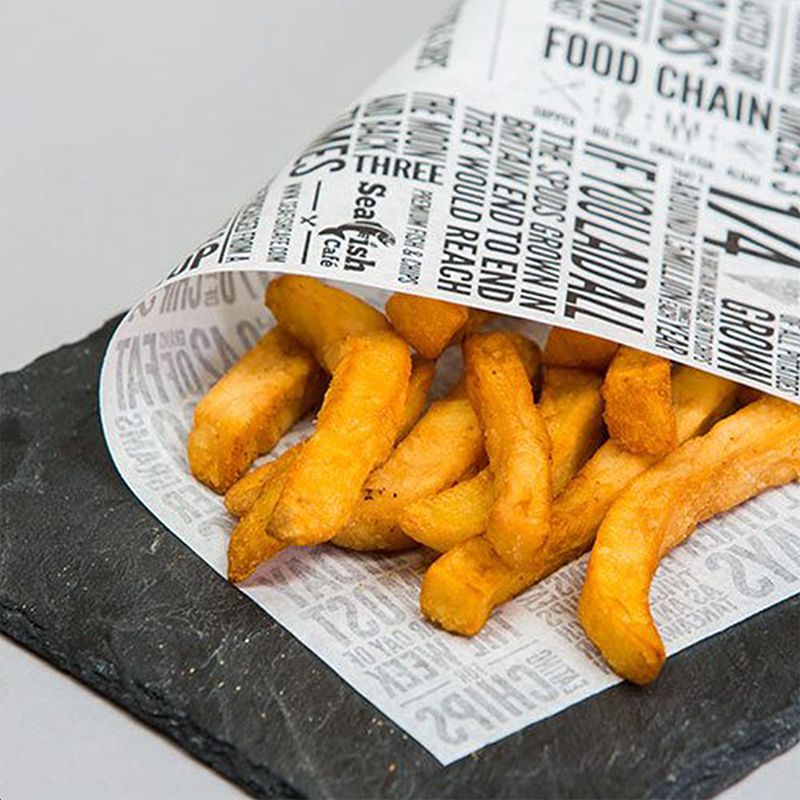-
+86 15030157877
-
sales@galvanizedmetalmesh.com
Sep . 21, 2024 20:10 Back to list
woven wire mesh factories
Exploring Woven Wire Mesh Factories Innovation and Quality in Production
Woven wire mesh is an essential material used in various industries, thanks to its versatility, strength, and durability. The production of woven wire mesh involves intricate processes that take place in specialized factories dedicated to crafting this valuable product. These factories play a pivotal role in meeting the demands of sectors ranging from construction and agriculture to mining and food processing.
One of the most significant advantages of woven wire mesh is its adaptability. Factories produce various types of mesh with different wire diameters, opening sizes, and materials. Stainless steel, galvanized steel, and brass are among the most popular materials used. The selection of these materials is crucial, as it determines the mesh's resistance to corrosion, overall strength, and suitability for specific applications. For example, stainless steel woven wire mesh is preferred in industries requiring sanitary conditions, such as food processing, due to its resistance to rust and easy cleanability.
In a typical woven wire mesh factory, the manufacturing process begins with wire drawing, where raw steel is pulled through a series of dies to achieve the desired diameter. Following this, the wire is cut to specified lengths and woven into mesh using automated weaving machines. These machines, equipped with advanced technology, ensure precision and consistency, minimising the risk of defects. The weaving process can vary depending on the mesh type; for instance, the plain weave style is common for basic applications, while more complex weaves like twill or Dutch weave are used for specialized functions.
woven wire mesh factories

Quality control is a significant component of woven wire mesh production. Factories often implement stringent quality assurance protocols to ensure that the final products meet industry standards. This involves regular inspections and tests that check for tensile strength, mesh stability, and the integrity of the weave. Many factories also comply with international standards, such as ISO certifications, which further attests to their commitment to producing high-quality wire mesh.
Moreover, as sustainability becomes increasingly important, many woven wire mesh factories are adopting eco-friendly practices. This includes using recycled materials in their products and implementing energy-efficient processes in manufacturing. Such initiatives not only reduce the environmental impact but also appeal to a growing market segment that prioritizes sustainability.
In conclusion, woven wire mesh factories are at the forefront of innovation and quality in production. Their ability to adapt to various industrial needs while maintaining high standards of craftsmanship makes them invaluable partners in numerous sectors. As technology advances and sustainable practices gain traction, these factories will continue to evolve, reinforcing the significance of woven wire mesh in the global market.
-
High-Quality Concrete Reinforcement Wire Mesh Leading Manufacturers & Exporters
NewsJun.10,2025
-
High Quality Galvanized Steel Fence - Leading Manufacturer, Exporter & Supplier
NewsJun.10,2025
-
10 Gauge Barbed Wire Supplier - Heavy-Duty & Corrosion-Resistant
NewsJun.10,2025
-
Durable Farm Fence Wire Suppliers & Manufacturers Fence Wire
NewsJun.10,2025
-
Premium Powder Coated Metal Mesh Suppliers - Durable & Rust-Resistant
NewsJun.09,2025
-
Reliable Perforated Stainless Steel Sheets Custom Designs & Export
NewsJun.09,2025



